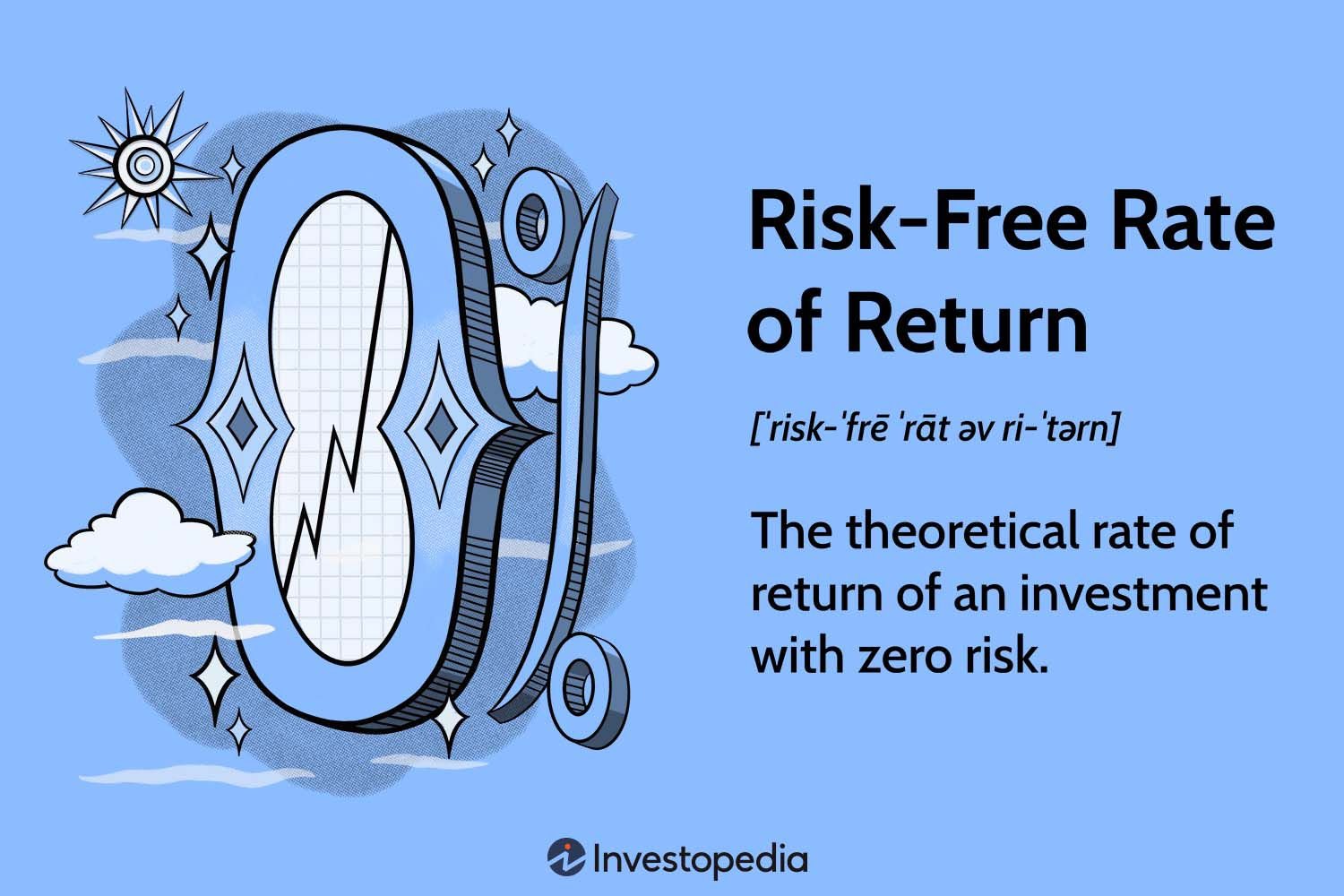Looking to invest in mutual funds? You’ve come to the right place. Investing in mutual funds can be an excellent way to grow your wealth and achieve your financial goals. But before diving in, it’s crucial to understand what to know before investing in mutual funds. In this blog article, we will break down the key factors you need to consider, ensuring you make informed decisions that align with your investment objectives. From understanding the types of mutual funds to assessing risk tolerance and fees, we’ve got you covered. Ready to take your investment journey to new heights? Let’s get started.
What to Know Before Investing in Mutual Funds
Introduction
Investing in mutual funds can be a great way to grow your wealth and achieve your financial goals. However, before diving into the world of mutual funds, it’s important to have a solid understanding of the key factors that can impact your investment. In this article, we will explore what you need to know before investing in mutual funds, covering everything from the types of mutual funds available to the fees involved and the risks associated with this investment vehicle. By the end of this guide, you will be equipped with the knowledge necessary to make informed investment decisions.
Types of Mutual Funds
When it comes to mutual funds, there isn’t a one-size-fits-all approach. Mutual funds come in various types, each with its own investment objective and strategy. Here are some of the most common types of mutual funds you should be aware of:
1. Equity Funds
Equity funds invest in stocks of publicly traded companies. They can be further categorized into large-cap, mid-cap, and small-cap funds based on the size of the companies they invest in. Equity funds tend to offer higher potential returns but also come with higher volatility and risks.
2. Bond Funds
Bond funds primarily invest in fixed-income securities such as government or corporate bonds. These funds are generally considered lower-risk investments compared to equity funds, as they provide a regular income stream and have a more stable value. Bond funds can be further classified into government bond funds, corporate bond funds, and municipal bond funds.
3. Balanced Funds
Balanced funds, also known as hybrid funds, invest in a mix of both stocks and bonds. These funds aim to strike a balance between growth and income, providing investors with diversification across asset classes.
4. Index Funds
Index funds are designed to replicate the performance of a specific market index, such as the S&P 500. These funds typically have lower expense ratios compared to actively managed funds, as they aim to track the index rather than outperform it.
Fees and Expenses
Before investing in mutual funds, it’s crucial to understand the fees and expenses associated with them. These costs can significantly impact your investment returns over time. Here are the key fees and expenses to look out for:
1. Expense Ratio
The expense ratio represents the annual operating expenses of a mutual fund as a percentage of its assets under management. This includes management fees, administrative costs, and other miscellaneous expenses. It’s important to compare expense ratios across different funds, as lower expense ratios can potentially lead to higher net returns.
2. Sales Loads
Some mutual funds charge sales loads, which are sales commissions that investors pay when buying or selling shares of the fund. Front-end loads are charged at the time of purchase, while back-end loads are incurred when redeeming shares. Consider whether the benefits of the fund justify the additional cost associated with sales loads.
3. Redemption Fees
Certain mutual funds impose redemption fees when investors sell their shares within a specified time frame. These fees are intended to discourage frequent trading and can vary from fund to fund. It’s essential to be aware of any redemption fees before making investment decisions.
4. Account Fees
Some mutual funds may charge account fees, such as maintenance fees or account setup fees. These fees are usually associated with retirement accounts, such as IRAs or 401(k)s. Before choosing a mutual fund, carefully read the prospectus or consult with your financial advisor to understand any potential account fees.
Risks and Returns
Investing in mutual funds involves a certain level of risk. Understanding the risks associated with mutual funds is crucial for managing your expectations and making informed investment decisions. Here are some key risks to be aware of:
1. Market Risk
Mutual funds are subject to market risk, meaning that the value of your investment can fluctuate based on the performance of the underlying securities. Market downturns can result in temporary losses, and it’s important to have a long-term perspective when investing in mutual funds.
2. Credit Risk
Credit risk refers to the possibility of default by the issuer of the bond holdings within a mutual fund. Bond funds, in particular, are exposed to credit risk. Lower-rated bonds carry higher credit risk, as the issuer may have a higher chance of defaulting on interest or principal payments.
3. Interest Rate Risk
Bond funds are also subject to interest rate risk. When interest rates rise, the value of existing bonds tends to decline, as newly issued bonds offer higher yields. Conversely, when interest rates fall, the value of existing bonds tends to increase. This risk can impact the performance of bond funds in different interest rate environments.
4. Liquidity Risk
Liquidity risk refers to the ease with which an investor can buy or sell shares of a mutual fund without impacting its price. If a mutual fund holds illiquid securities or experiences significant redemption requests, it may face challenges in meeting those redemption requests without impacting all shareholders.
Investing in mutual funds can be a rewarding way to grow your wealth and achieve your financial goals. However, it’s essential to have a thorough understanding of the types of mutual funds available, the fees and expenses involved, and the risks associated with this investment vehicle. By arming yourself with the knowledge presented in this guide, you will be better equipped to make informed investment decisions and navigate the world of mutual funds successfully.
Remember, always consult with a financial advisor or professional before making any investment decisions. Investing involves risk, and past performance is not indicative of future results.
FAQs
Here are some frequently asked questions about investing in mutual funds:
- Q: Can I lose money in mutual funds?
- Q: How do I choose the right mutual fund?
- Q: Are mutual funds suitable for retirement planning?
- Q: What is the minimum investment required for mutual funds?
- Q: How often should I review my mutual fund portfolio?
Investing Basics: Mutual Funds
Frequently Asked Questions
Frequently Asked Questions (FAQs)
What is a mutual fund?
A mutual fund is a type of investment vehicle that pools money from multiple investors to invest in a diversified portfolio of stocks, bonds, or other securities. It is managed by professional fund managers who make investment decisions on behalf of the investors.
How do mutual funds work?
When you invest in a mutual fund, your money is combined with other investors’ funds to buy a variety of assets. The fund’s performance is determined by the performance of the underlying securities. Any income generated, such as dividends or interest, is distributed among the fund’s investors.
What are the benefits of investing in mutual funds?
Investing in mutual funds offers several benefits, including diversification, professional management, liquidity, affordability, and convenience. Mutual funds allow individuals with limited knowledge or time to access a diversified investment portfolio managed by experts.
What are the risks associated with mutual funds?
While mutual funds can be a useful investment option, they also come with certain risks. These risks include market and investment-specific risks, such as fluctuations in the stock market, interest rate risk, credit risk, and liquidity risk. It is essential to understand and assess these risks before investing.
How do I choose the right mutual fund?
To choose the right mutual fund, you should consider factors such as your investment goals, risk tolerance, time horizon, fund fees, past performance, and the fund’s investment strategy. Research different mutual funds, compare their features, and seek guidance from a financial advisor if needed.
What is the difference between load and no-load mutual funds?
A load mutual fund charges a sales commission or fee, known as a load, when you purchase or sell shares of the fund. On the other hand, a no-load mutual fund does not charge a sales commission. It is crucial to understand the fees associated with a mutual fund and evaluate whether they align with your investment objectives.
What are expense ratios in mutual funds?
Expense ratio represents the annual operating expenses incurred by a mutual fund as a percentage of its average net assets. It includes the management fees, administrative costs, and other operational expenses. A lower expense ratio is generally preferable as it can have a positive impact on your investment returns.
Can I lose money investing in mutual funds?
Yes, investing in mutual funds carries the risk of losing money. The value of mutual fund shares can go up or down based on the performance of the underlying assets. It is important to be aware of the risks involved and make informed investment decisions based on your risk tolerance and financial goals.
Final Thoughts
Before you invest in mutual funds, there are a few key things you should know. Firstly, it’s crucial to understand your investment goals and risk tolerance. This will help you choose the right type of mutual fund that aligns with your objectives. Secondly, take the time to research and analyze the fund’s performance history, fees, and manager’s track record. This information will give you insight into the fund’s potential returns and risks. Lastly, diversification is essential when investing in mutual funds, as it helps spread your risk across different asset classes. By considering these factors, you can make informed decisions and increase your chances of success in the world of mutual fund investing.



